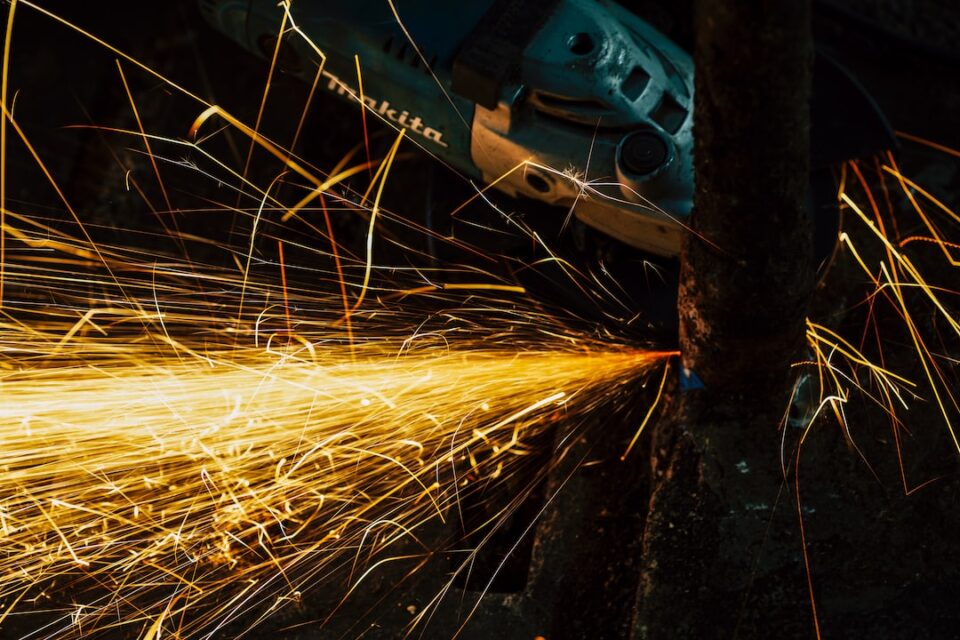Exploring the Role of Artificial Intelligence in Manufacturing
Advancements in technology have led to significant changes in various industries, and the manufacturing sector is no exception. Artificial intelligence (AI) is revolutionizing the way manufacturing processes are carried out, leading to increased efficiency and productivity. From streamlining production lines to improving quality control, AI is transforming the manufacturing landscape. In this article, we will delve into the role of AI in manufacturing and explore its impact on the industry.
One of the key areas where AI is making its mark is in improving the efficiency of manufacturing operations. With the use of AI-powered robots and machines, manufacturers can automate tedious and repetitive tasks, which were previously performed by human workers. This not only reduces the risk of human errors but also frees up human workers to focus on higher-level tasks that require creativity and problem-solving skills. By automating manufacturing operations, companies can achieve faster production cycles, lower costs, and higher productivity levels.
AI is also revolutionizing quality control processes in manufacturing. Traditionally, quality control involved manual inspection of products to identify defects or errors. However, with AI-powered image recognition systems, manufacturers can now detect defects in real-time and take immediate corrective measures. These systems use machine learning algorithms to analyze images of products and identify any variations or abnormalities that do not meet the specified standards. By automating quality control processes, manufacturers can maintain consistent product quality and reduce the risk of defective products reaching the market.
Furthermore, AI-enabled predictive maintenance is transforming the way manufacturers carry out equipment maintenance. In the past, equipment maintenance was performed based on predefined schedules or when a breakdown occurred. However, this approach often led to unnecessary maintenance or unexpected breakdowns, resulting in production delays and increased costs. With AI, manufacturers can now predict when equipment failures are likely to occur based on real-time data and take proactive measures to prevent them. By analyzing data from sensors and machines, AI algorithms can identify patterns and anomalies that indicate a potential equipment failure. This allows manufacturers to schedule maintenance activities at optimal times, minimizing downtime and maximizing productivity.
Optimizing supply chain management is another area where AI is playing a significant role. In the manufacturing industry, supply chain management involves complex processes such as demand forecasting, inventory management, and logistics planning. AI algorithms can analyze vast amounts of data from diverse sources to predict demand patterns, optimize inventory levels, and optimize logistics operations. This results in improved supply chain efficiency, reduced costs, and enhanced customer satisfaction.
Moreover, AI is also driving advancements in product design and customization. By using AI-powered design tools, manufacturers can simulate various design options and evaluate their performance before producing a physical product. This allows for faster iterations and reduces the time and cost involved in prototyping. Additionally, AI algorithms can analyze customer data and preferences to personalize products according to individual needs and preferences. This enables manufacturers to offer customized products at scale, increasing customer satisfaction and market competitiveness.
While AI offers significant benefits to the manufacturing industry, it also raises concerns about job displacement. As machines take over repetitive tasks, there is a fear that human workers will be rendered obsolete. However, this transition presents an opportunity for reskilling and upskilling the workforce. By equipping workers with the necessary skills to work alongside AI-enabled systems, manufacturers can create a symbiotic relationship between humans and machines. This approach will not only ensure job security but also unleash the full potential of AI in manufacturing.
In conclusion, artificial intelligence is revolutionizing the manufacturing industry by streamlining operations, enhancing quality control processes, optimizing maintenance activities, improving supply chain management, and driving advancements in product design and customization. While there are concerns about job displacement, the integration of AI with human workers presents an opportunity for a more efficient and productive manufacturing sector. As technology continues to evolve, it is essential for manufacturers to embrace AI and adapt their processes to reap its benefits and stay ahead in today’s competitive market.

